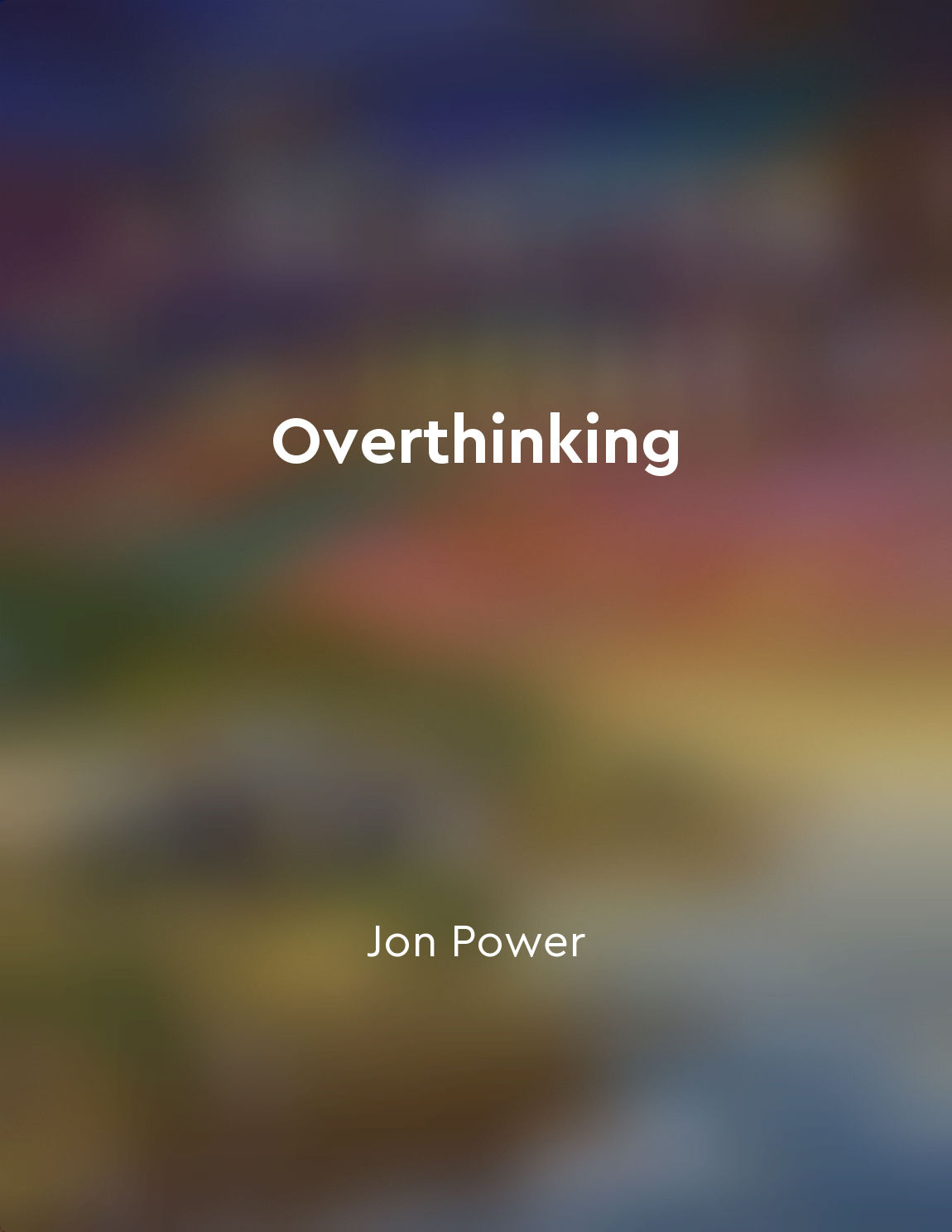People tend to overestimate their knowledge and abilities from "summary" of Judgment in Managerial Decision Making by Max H. Bazerman,Don A. Moore
Individuals often display a tendency to overestimate their own knowledge and abilities, a phenomenon that can have significant implications in the realm of managerial decision-making. This overestimation can lead individuals to make decisions based on flawed assumptions about their own competency, which can ultimately result in poor outcomes for themselves and their organizations. One reason for this overestimation is the cognitive bias known as the "overconfidence effect," which causes individuals to have more confidence in their own judgments and abilities than is objectively warranted. This bias can lead individuals to believe that they are more knowledgeable and skilled than they actually are, leading them to take risks or make decisions without fully considering the potential consequences. Another factor that contributes to this overestimation is the phenomenon of "illusory superiority," also known as the "above-average effect." This bias leads individuals to believe that they are better than average in various attributes, such as intelligence, leadership skills, or decision-making abilities. As a result, individuals may overestimate their knowledge and abilities simply because they believe themselves to be inherently superior to others. In addition to these cognitive biases, individuals may also overestimate their knowledge and abilities due to a lack of accurate feedback or external validation. Without receiving honest and constructive feedback from others, individuals may have a distorted view of their own capabilities, leading them to overestimate their competence in a given area. Furthermore, individuals may be motivated to overestimate their knowledge and abilities in order to boost their self-esteem or maintain a positive self-image. By believing that they are more knowledgeable or skilled than they actually are, individuals may protect themselves from feelings of inadequacy or insecurity.- The tendency to overestimate one's knowledge and abilities can have significant implications for managerial decision-making. By understanding the cognitive biases and motivations that underlie this phenomenon, individuals can take steps to mitigate its impact and make more informed and effective decisions in the future.
Similar Posts
Investing in knowledge pays dividends
One of the most valuable investments you can make is in knowledge. This is because knowledge has the potential to pay dividends...
Embracing reason leads to more informed and effective decision making
Reason is a powerful tool that can help guide us towards better decision-making. By embracing reason, we are able to set aside ...
Be mindful of the gambler's fallacy
In the casino, there is a trap waiting for you: the gambler's fallacy. It is the belief that past random events can influence f...

Surrounding oneself with positivity brings happiness
Surrounding oneself with positivity is crucial to experiencing true happiness. When you fill your environment with positive tho...
Addressing biases and stereotypes in the workplace is critical
Addressing biases and stereotypes in the workplace is critical because they can have a significant impact on individuals' oppor...
Be persistent and resilient
Persistence and resilience are two key qualities that every successful entrepreneur possesses. These qualities are essential fo...
Critical thinking helps to mitigate the impact of cognitive biases
When we talk about cognitive biases, we are referring to the systematic errors in our thinking that can lead us astray. These b...

Overthinking can affect relationships
When we start overthinking in a relationship, it can create unnecessary stress and tension. We may begin to question everything...
Recognizing the difference between needs and wants
Understanding the difference between needs and wants is crucial in managing our finances wisely. Needs are essential for surviv...
Intelligence lies in knowing how to access information, not in storing it
The idea that intelligence is not about how much information we have stored in our heads, but rather about knowing how to acces...

